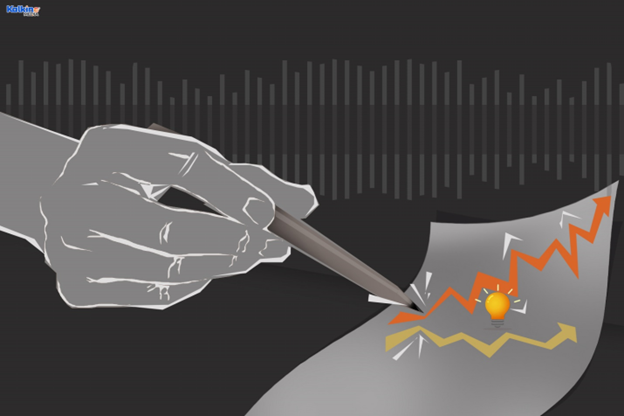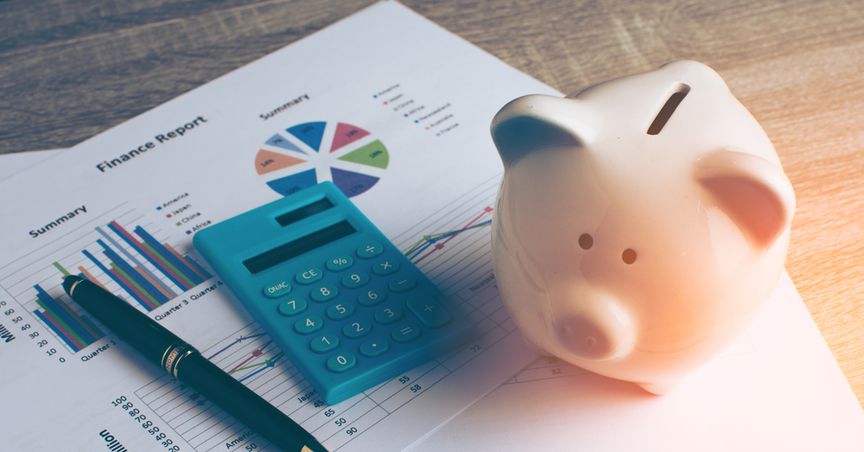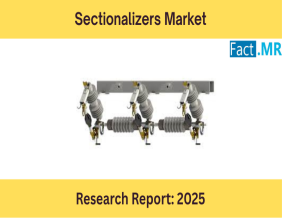Highlight
- The cost-of-living crisis is sharply rising in the UK with inflation hitting its 40-year high of 9% mostly due to spiraling food and energy prices.
- Creating a budget is a crucial step while trying to tackle a crisis.
The cost-of-living crisis is sharply rising in the UK with inflation hitting its 40-year high of 9% mostly due to spiraling food and energy prices. The Bank of England (BoE) has already warned inflation might hit 10% in the coming months.

©2022 Kalkine Media®
According to the Office of National Statistics (ONS), around 87% of Britons reported a rise in their expenses in March, with a 54% rise in energy price cap from April for approximately 22 million customers. Energy regulator Ofgem has warned energy bill is set to rise by around £800 a year in October, which is expected to further squeeze households’ budgets.
Many experts have been blaming the Russia-Ukraine war for the escalating crisis. But it is one of the crucial reasons. The basic expenses were rising for several months due to the supply chain crisis, shortage of goods, Covid-19 hiccups, Brexit, and increased public spending.
Here are the best 5 ways to make you don’t fall behind during the rising cost of living.
- Create a budget
Creating a budget is the first step toward managing your expenses amid the cost-of-living crisis. Such a chart can help you to understand your spending habits. Once you know how much money you are spending, you can get a clear idea of how much you can save if you cut your spending on non-essential items.
Related Read: Warren Buffett’s three key investing mantras for millennials
- Cut your unnecessary expenses
While making a monthly budget, you may notice some unnecessary expenses. Cutting down on such expenses can help you in save for lean periods. While listing, you may create subheads, such as shopping, travel cost, and eating out, and analysis the expenses. Once done, you can shortlist things you should urgently buy and things that are redundant or can be bought later.

©2022 Kalkine Media®
- Check your investment strategy
The rising cost of living can eat away the purchasing power and reduce returns on investments and savings. Diversifying your portfolio across different forms of assets, sectors, industries, companies, and geographic locations can reduce the risk and protect you during a recession.
Experts feel that those who have planned their investments wisely through economic slowdowns have seen their portfolios recover completely in the long term. An economic slowdown can be seen as a golden opportunity to invest in stocks that look expensive in normal market conditions.

©2022 Kalkine Media®
- Check your savings
During rising inflation and economic slowdown, it’s important to have a sizable emergency fund as during tough economic conditions you may lose your job or pay may get cut. But fixed expenses such as loans, food, and rent payments don’t take a pause. Therefore, managing your money strategically can help you meet these expenses and offset some of the impacts of rising inflation.
Related Read: Do you know about Warren Buffett's dream investment? It's a small candy company
- Create different source of income
Creating different sources of income that you can give you some extra money over and above your regular income. It can help you to achieve your long-term financial goals faster, reduce the threat of severe personal financial crisis, reduce the regular incurring of debt, help in building a large fund for retirement.





